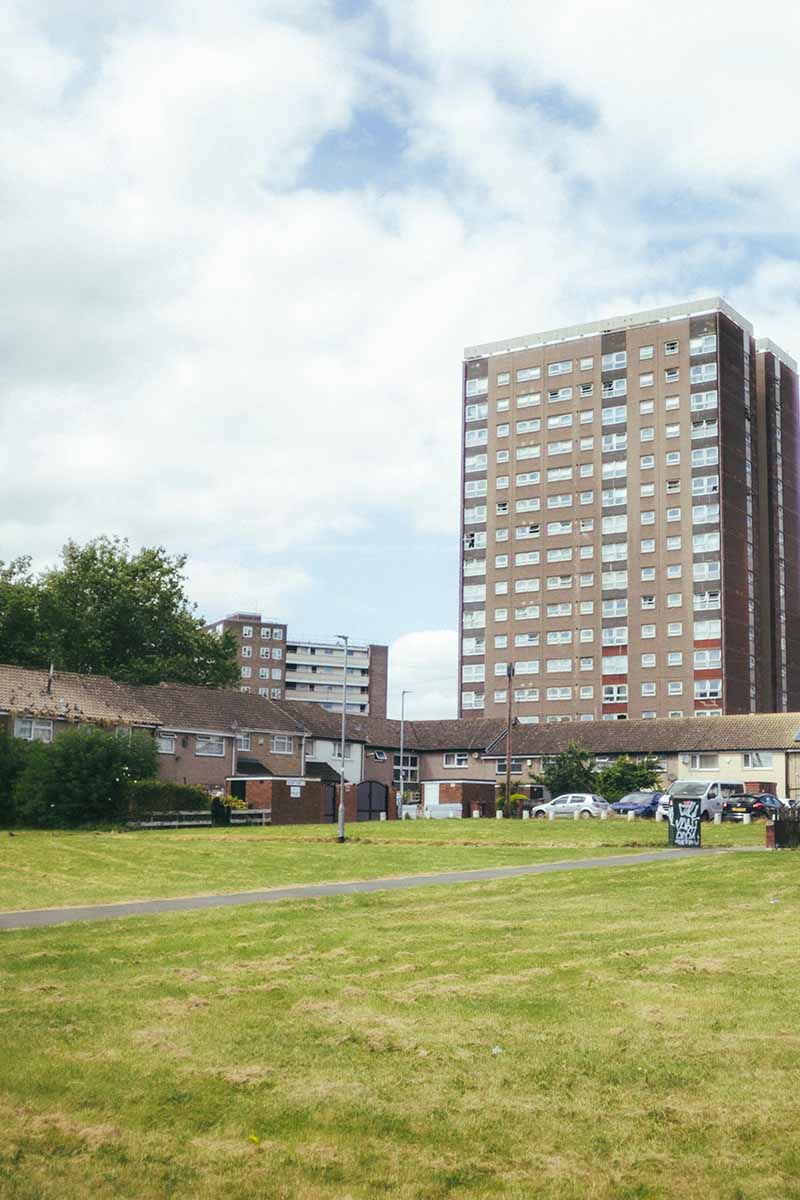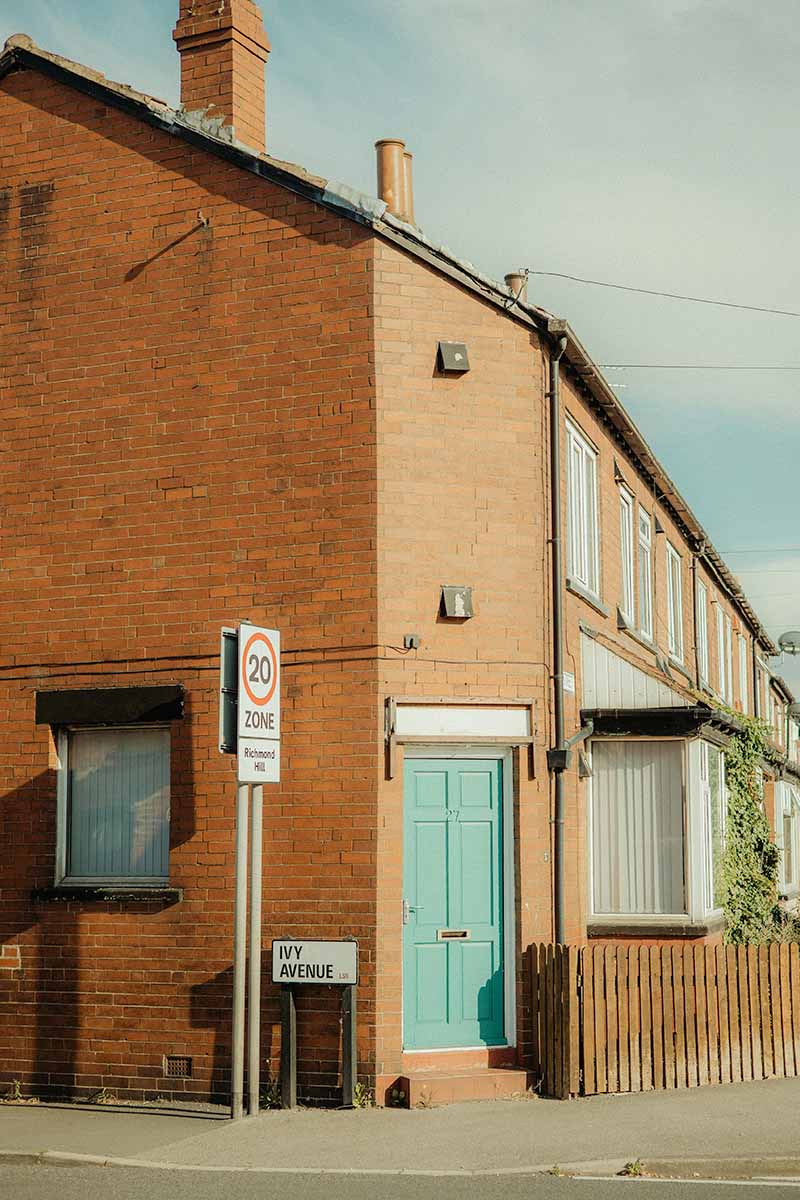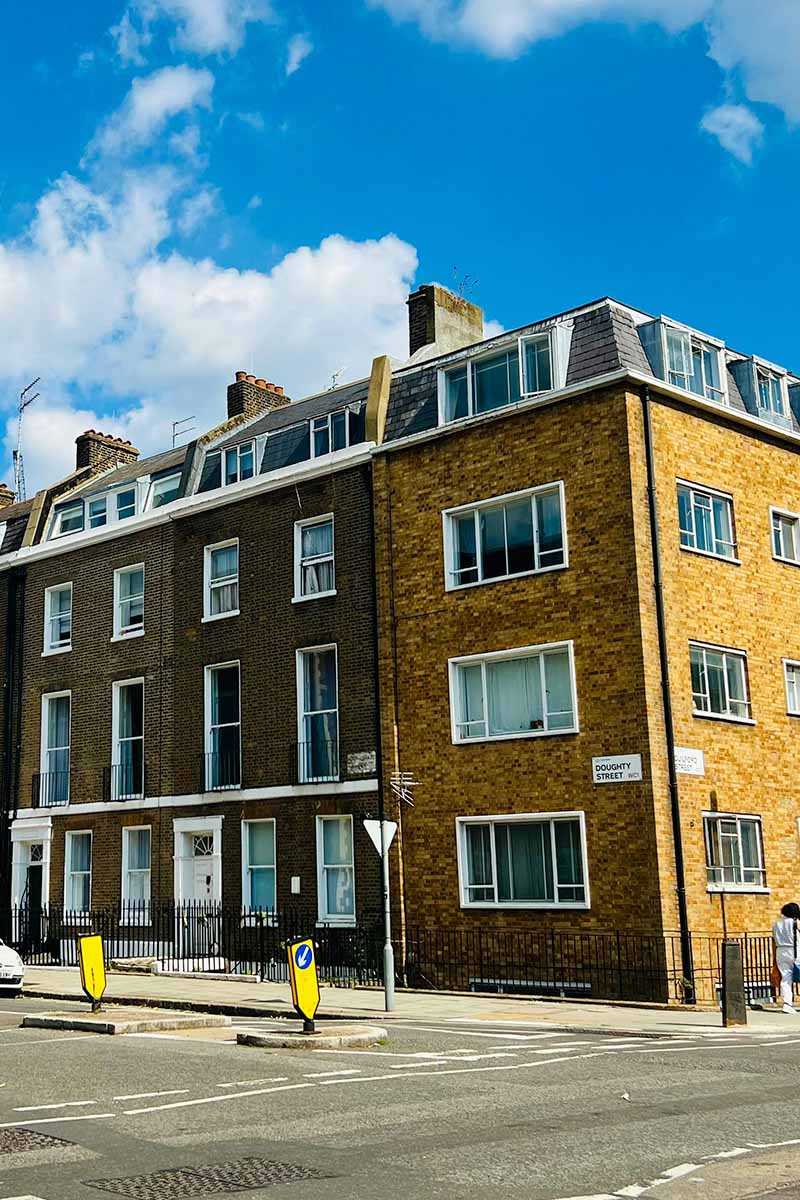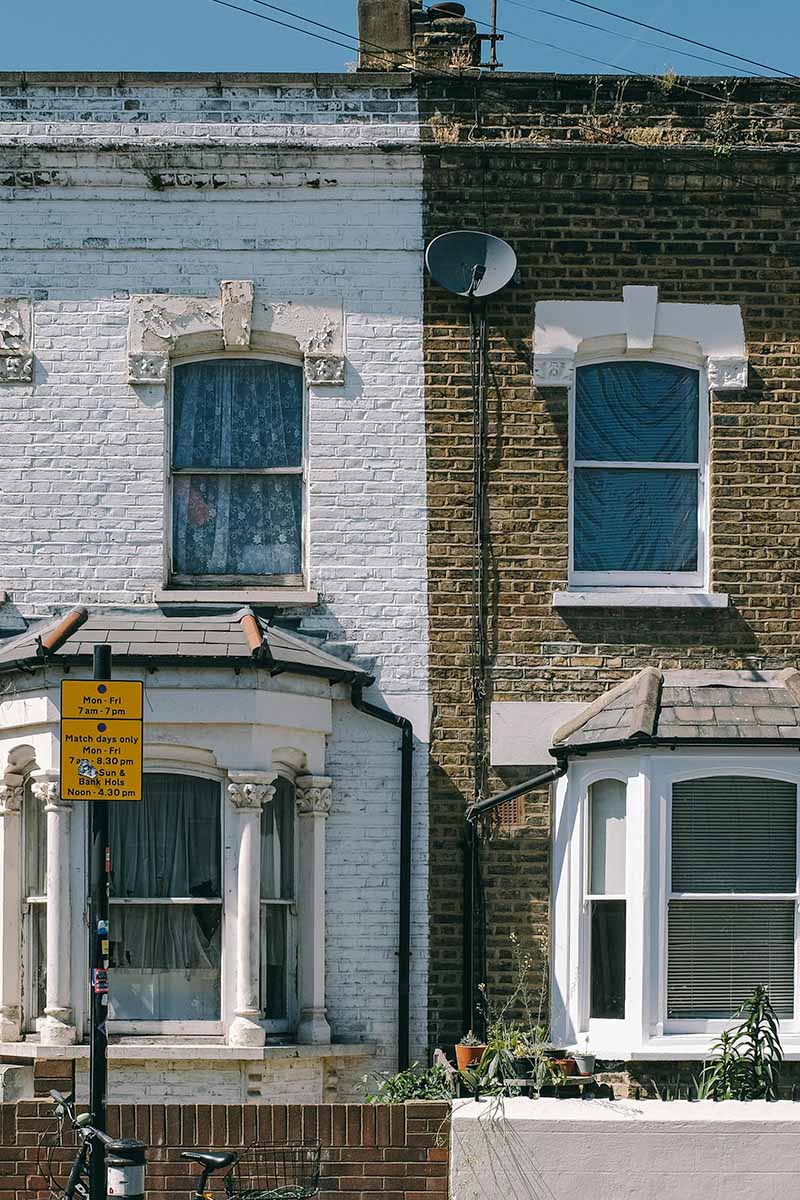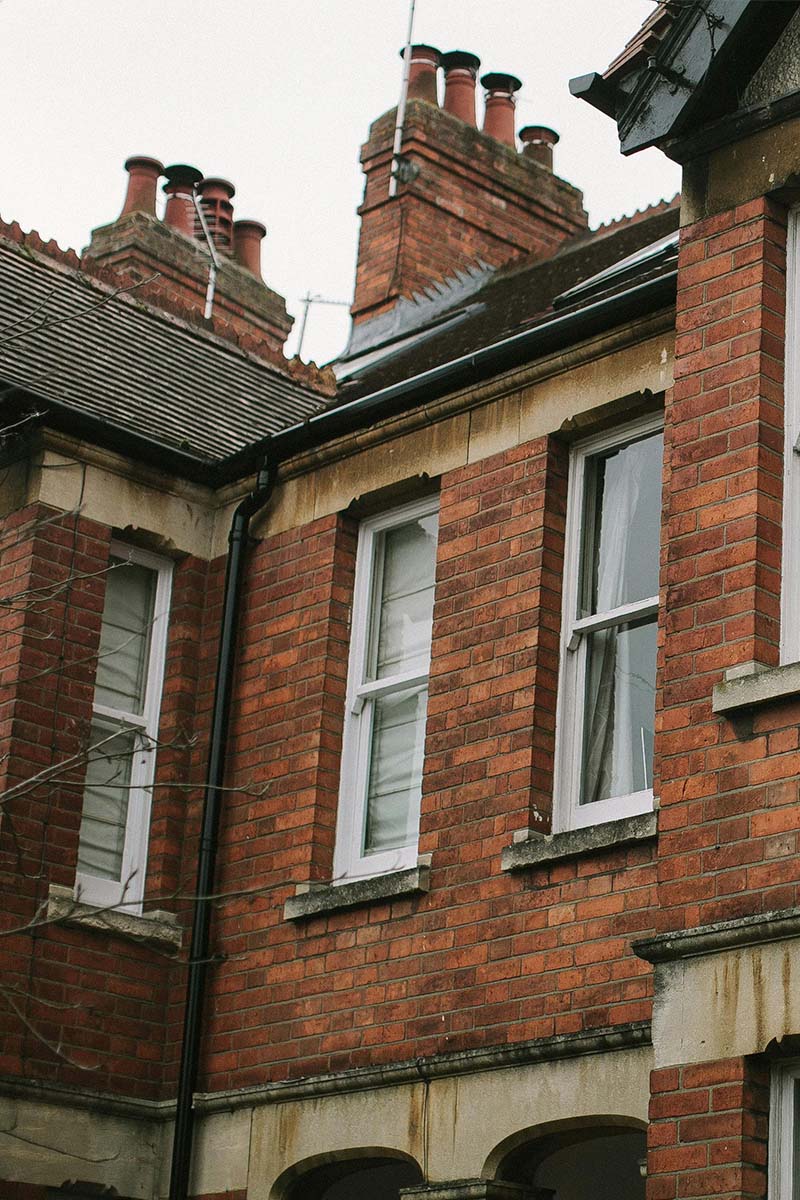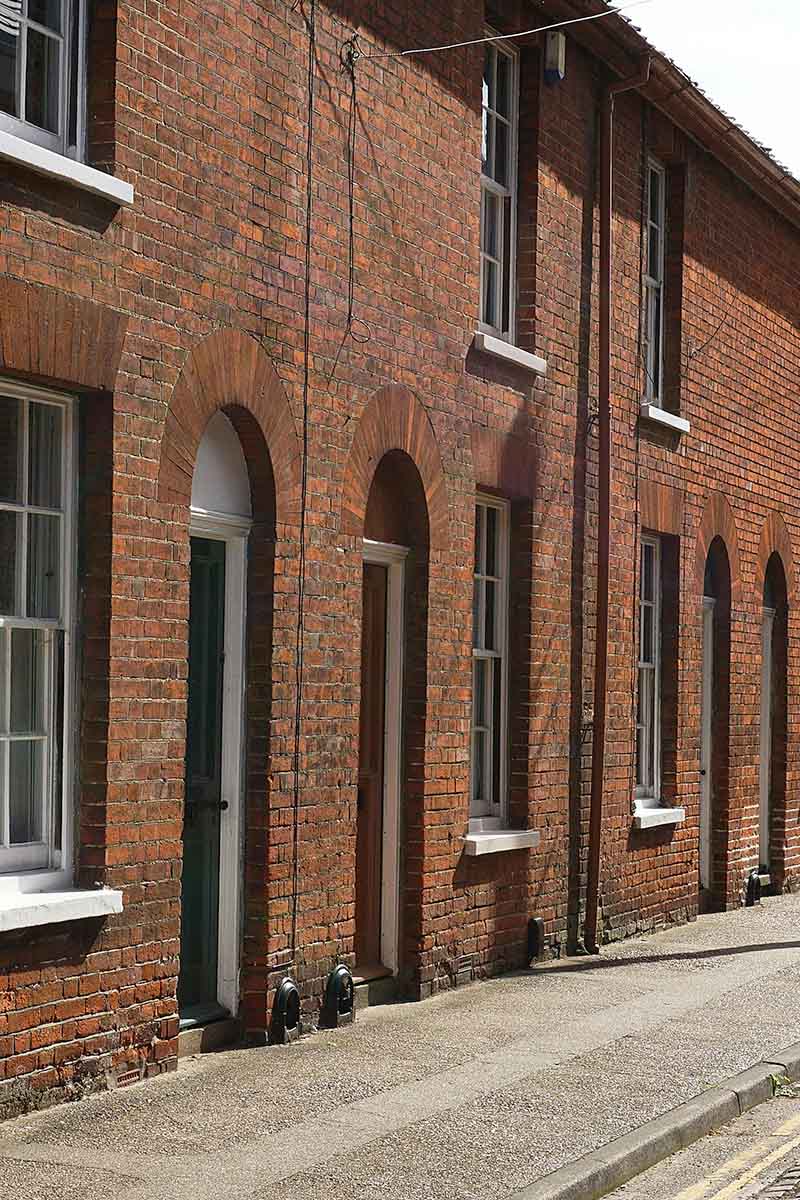Gazumping: What it is and how to avoid it
Gazumping is one of the most frustrating setbacks a homebuyer can face in England and Wales. It happens when a seller accepts a higher offer from someone else after already agreeing to sell to you, and before contracts are exchanged. This guide explains exactly how gazumping works, why it happens, and the practical steps you can take to reduce the risk.
Gazumping happens when a seller accepts a higher offer from a new buyer after already agreeing to sell to someone else. It’s legal in England and Wales and can cost buyers thousands of pounds in lost fees.
- Legal until contracts are exchanged in England and Wales.
- More common in competitive markets with rising prices.
- Can happen for higher price, faster completion, or perceived buyer delays.
- First-time buyers and those in long chains are most at risk.
- Scotland’s early binding contracts make gazumping rare.
- Reservation agreements and faster exchanges can reduce risk.
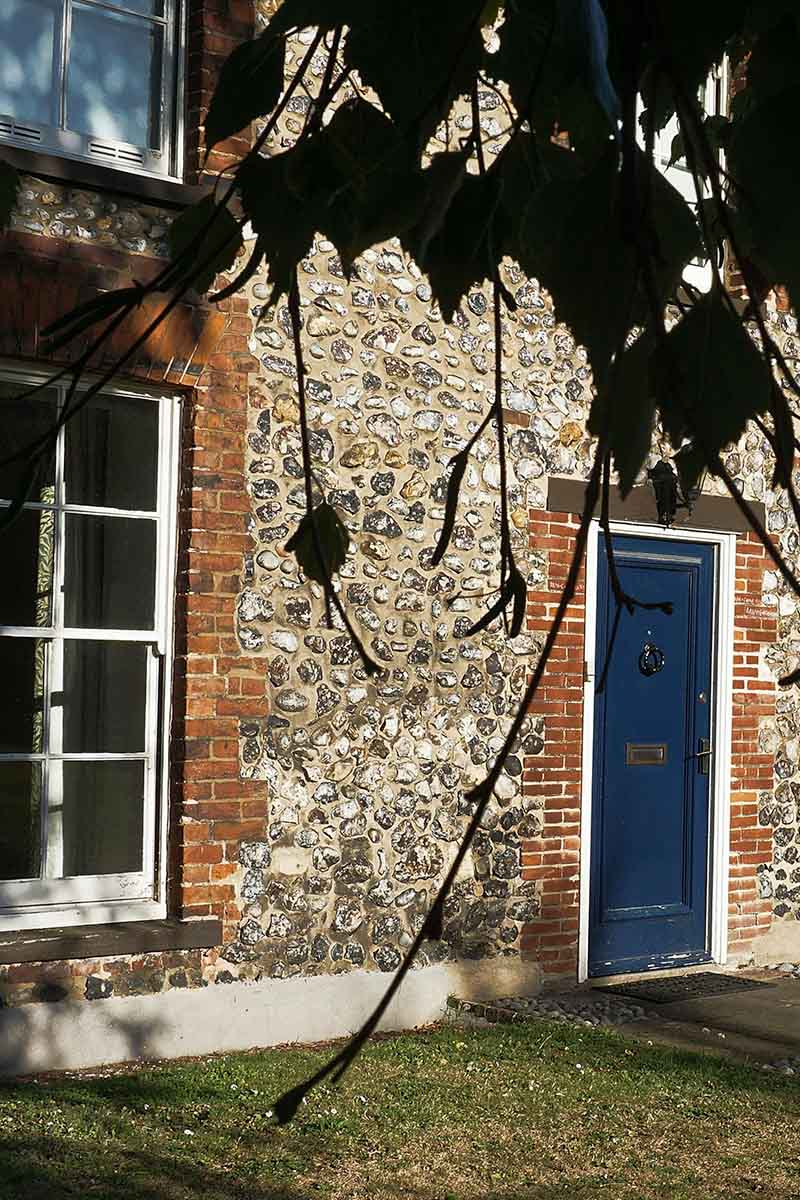
What is gazumping in property sales?
Gazumping is when a seller accepts a new offer from another buyer after agreeing to sell to you, but before contracts are exchanged. This is possible because, in England and Wales, no legally binding contract exists until exchange.
Example: Your £250,000 offer is accepted and you pay for surveys and legal work. Before contracts are exchanged, another buyer offers £260,000. The seller switches, leaving you without the property and out of pocket for the fees you’ve already spent.
If you’ve been gazumped and need to move quickly, a house cash buyer could help you proceed with another purchase without waiting for a long chain or mortgage approval.
Is gazumping legal in England and Wales?
Yes. In England and Wales, neither buyer nor seller is legally committed to the sale until written contracts are exchanged. This can be weeks or months after an offer is accepted.
Estate agents are legally obliged to pass on all offers received before exchange, which can encourage higher bids. You can read more about how agents operate in our guide on changing estate agents.
Does gazumping happen in Scotland?
Rarely. In Scotland, a contract is formed when missives are concluded — usually soon after an offer is accepted. This legally binds the parties much earlier, making gazumping highly unlikely.
How common is gazumping?
It tends to rise in hot property markets.
- 37% of buyers in England and Wales have been gazumped since 2014.
- 61% of 18–24-year-old buyers report being gazumped at least once.
- In 2024, the West Midlands overtook London as the region with the highest reported rate, at 53%.
Who is most at risk?
- First-time buyers — often slower to arrange funds and in highly competitive markets.
- Buyers in chains — sellers may fear delays if other linked sales fall through.
- Buyers in fast-rising markets — sellers may be tempted to accept more money.
If you’re already in a chain and it’s broken down because of gazumping, our guide can a cash buyer fix a broken property chain explains how you could still complete your move.
A typical gazumping timeline
Costs you could lose if gazumped
Being gazumped can leave buyers out of pocket for:
- Survey fees — typically £300–£700.
- Conveyancing fees — £800–£1,500 (may still be charged for work completed).
- Mortgage arrangement fees — £200–£1,000.
- Search fees — £250–£450.
If you’re concerned about losing these costs, you might find our guide on home buyer protection insurance useful.
Why does gazumping happen?
Legal framework
No contract exists until exchange, giving sellers flexibility to change buyers at any point.
Long transaction times
With the average sale taking 12–15 weeks to exchange, there’s plenty of time for new buyers to appear.
Competitive markets
High demand can encourage buyers to offer more after a property is marked Sold STC.
Perceived buyer risk
If the seller thinks you’re slow or financially uncertain, they may accept a seemingly more secure offer.
The role of estate agents
Estate agents are legally required to pass all offers to the seller until exchange, even if one has already been accepted. Sellers can instruct them not to consider further offers, but that’s a personal choice and not legally binding.
Save time and hassle by selling your home with us
Get a guaranteed cash offer on any property in England and Wales. All you need to do to get started is enter your address below.
Regional and property type patterns
- London & South East — high competition means more gazumping, especially for family homes near good schools.
- West Midlands — reported the highest gazumping rate in 2024.
- Prime rural areas — rising demand post-pandemic made these hotspots for gazumping.
- Urban flats — competitive first-time buyer markets see frequent bidding wars.
The psychology behind gazumping
It’s not always just about a higher price. Sellers may switch buyers if they:
- Believe the new buyer will complete faster.
- Worry the first buyer will drop out.
- Receive advice from their agent that the other buyer is more secure.
Gazumping vs gazundering
- Gazumping — seller takes a higher offer from a new buyer before exchange.
- Gazundering — buyer lowers their offer just before exchange.
Both are legal in England and Wales but can be seen as unethical. If you’re concerned about gazundering, see our guide on what to do if your buyer lowers their offer.
How to reduce the risk of being gazumped
1. Prepare before making your offer
Have your mortgage in principle, solicitor, and deposit ready.
2. Move quickly
Book your survey and complete paperwork promptly.
3. Ask the seller to take the property off the market
This reduces the chance of competing offers.
4. Build rapport with the seller
Good communication can make them less likely to switch.
5. Consider a lock-out or exclusivity agreement
Legally gives you sole rights to buy for a set time (often 2–4 weeks).
6. Take out home buyer protection insurance
Can cover survey, legal, and mortgage fees if the sale falls through.
Seller’s perspective on gazumping
Some sellers see it as a way to secure more money or a quicker sale, but it can also:
- Damage their reputation with agents.
- Disrupt their chain if the new buyer also falls through.
- Cause legal delays if the new buyer isn’t as ready as claimed.
Can a cash buyer prevent gazumping?
Yes — sellers may prefer a house cash buyer because they can proceed without a mortgage, shortening timelines and reducing perceived risk. This can make sellers less likely to entertain late offers from others.
Legal reform watch
Government discussions include:
- Reservation agreements — requiring a deposit from both parties at offer stage.
- Improving up-front information to speed up sales.
No ban exists yet, but trials of reservation agreements have been promising.
Real-world case studies
London townhouse — A buyer offered £1.2m and spent £4,000 on fees. A rival buyer offered £1.25m with cash and a 3-week completion promise. The seller switched.
West Midlands family home — Buyer accepted at £280,000. While waiting for mortgage offer, another bid of £285,000 came in. The seller refused, choosing to honour the first sale.
Devon coastal cottage — Seller gazumped their buyer for an extra £15,000, but the new buyer pulled out later, causing the chain to collapse entirely.
Recap: Gazumping in England and Wales and how to avoid it
Gazumping remains a legal risk until contracts are exchanged in England and Wales. It’s most common in competitive markets and can cost buyers thousands in lost fees. While you can’t remove the risk entirely, moving fast, securing agreements, and building trust with the seller can help.
Habello can help you move on faster if a sale falls through:
- Fair market valuation.
- Fast sale.
- Lower price than estate agent sale.
- Flexible sale timeline to suit your schedule.
Property owners are choosing Habello for a faster, easier and less stressful way to sell
Sell your home quickly for cash by accepting an offer just below market value. See how we compare to your other options by using the calculator below.
Related guides
Bring yourself up to speed with our property guides.





